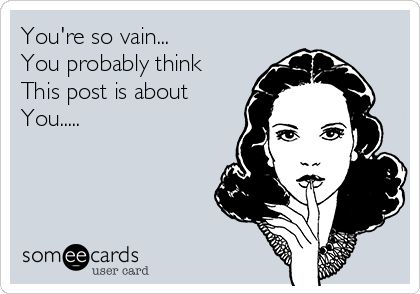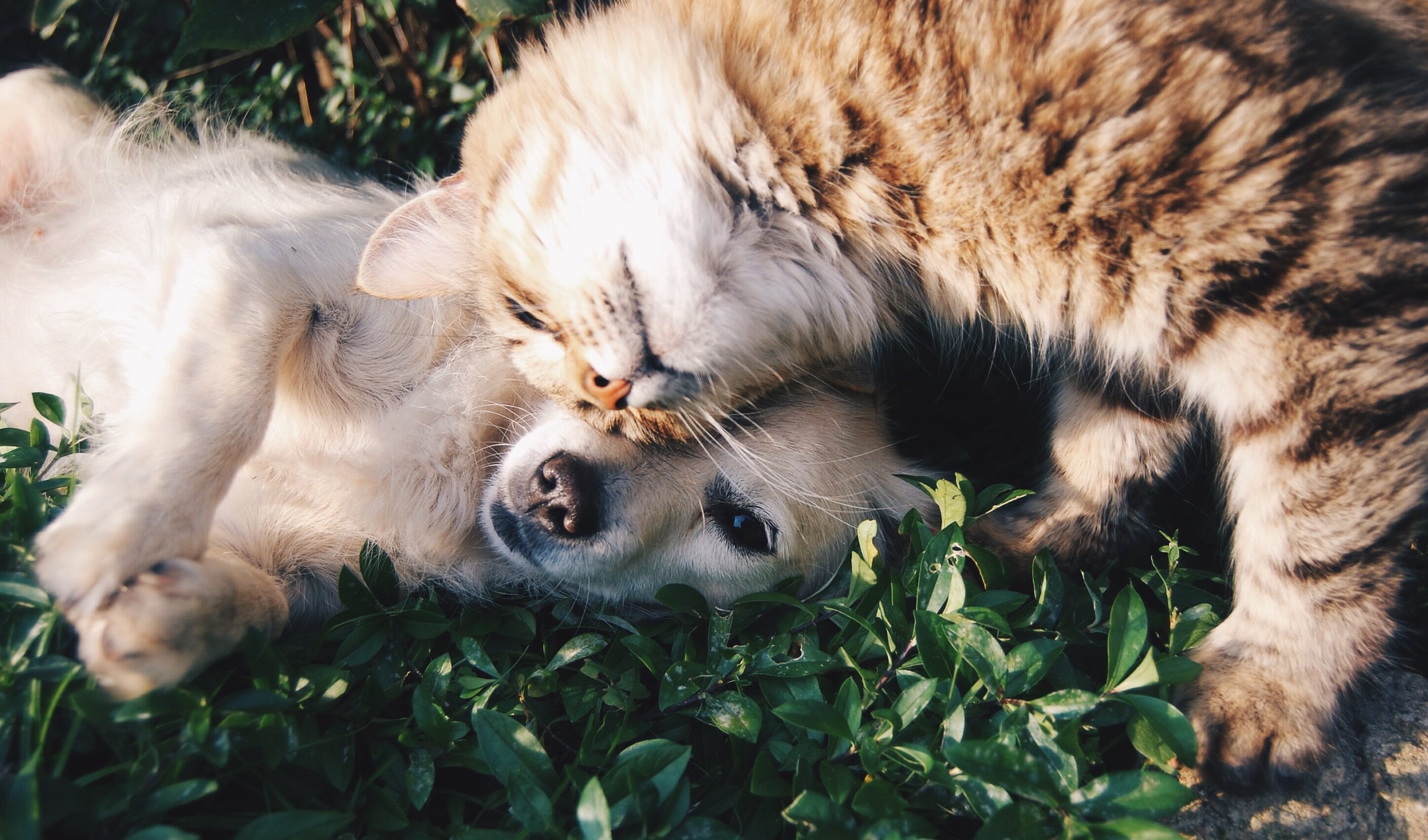A good friend of mine recently said something that caused me to burst into spontaneous Michael Bolton song lyrics (as you do! Lol) and it triggered my need to fish out my greatest hits album which I willingly confess I love! (Yes, I know all the words to all of the songs! Cringe!) Belting my heart out in the car to “How am I supposed to live without you” was so cathartic! All the painful emotions bubbled up to remind me of all the times I have held a secret (or not so secret as the case may be) flame for a friend.
“I’m too proud for cryin’. I didn’t come here to break down. It’s just a dream of mine is comin’ to an end…. And how can I blame you, when I built my world around, the hope that one day, we’d be so much more than friends” - Michael Bolton – ‘How am I supposed to live without you.’ (I suspect he never told her?! What do you think?)
It is such a delicate situation that so many people I speak to are familiar with. You love your friend so much. You get along so well with them and they embody so many characteristics of your ideal romantic partner. Usually, the more time you spend with them, the more attractive they become to you! Before you even realise it you are looking for signs that they reciprocate and that is where it gets tricky!
The thing is that they do reciprocate! You know they love you, value you and see your worth. So was that hug just a friendly hug or did it linger? Did you catch them checking out your butt or did you sit on some chocolate at some point and they were assessing the ominous brown stain there now? Lol There are only a few ways to find out; ask them, confess how you feel or make a move. Eek!
It sounds simple enough…. So why the big deal then? Because if they don’t feel the same way, you will feel embarrassed, and somehow, suddenly not good enough for them. This is true even if their reasons for not reciprocating are valid. In my life, for example, many friends (probably more than I am comfortable admitting to) have had to reject me on the basis of gender. If you are not of the preferred gender of your friend crush then you can expect a rejection. And let me assure you even the gentlest rejection that is not really personal in any way will still hurt. Like a bitch! So if a rejection (that you actually expect) can hurt so much, imagine how far you have to fall if you have convinced yourself that they do reciprocate and find out that you are mistaken. Cringe.
Added to that is the question – will this revelation change things if they do reciprocate, or even if they don’t? Will your expectations of them as a romantic/affectionate/sexual partner change? Will they still feel comfortable with you post revelation, or start to create distance because they feel uncomfortable around you now? Will you trust each other’s positive intentions and that there is no ulterior motives? Will this revelation undermine your current relationship and make them think you were never genuine to begin with? Will you still be able to like someone who just stomped on your heart? Or what if you get together and it doesn’t work – will you be able to resume your platonic status again? Will this affect your mutual friends either way? Will they laugh at you or think you are joking? If they don’t reciprocate (or even if you decide not to tell them) will you be able to watch them fall for someone else and be genuinely happy for them?
All these questions are valid and if you tell them I assure you it is a huge risk! Why then, did I decide to confess, especially in circumstances when I knew the dice would not roll in my favour? Good question! (Gambling habit perhaps?! Lol) I will tell you the answers to that question, but that doesn’t mean I necessarily think it is good advice! The reasons I chose to confess? Well my blog is called confessions so obviously it is a 'thing' for me! Lol But seriously, most of the time my friends already knew. And I knew they already knew. I can’t say I am particularly subtle in my crushes. Sometimes they downright asked me or they just stated it as fact. To. My. Face! Colour me red! Lol What do you say to that? Can you actually inoffensively deny such an accusation?! Lol Anyway… Why lie? Why deny it? In instances where I volunteered the information it was usually because I either thought there was a fair chance of reciprocation (I was wrong!) or because I wanted the friend in question to please be sensitive of my feelings.
Does that make sense? I don’t want to be the friend who you gush to about your new partner. I don’t want you to hide it, but please know I don’t want it rubbed in my face. I will meet him or her but please don’t suck their face off in front of me, yeah? I don’t need proof you don’t like me or that you do like them. I already feel pretty exposed and ugly and small and vulnerable. Respect that. Tell me about him via message or email, so I can hide the painful look on my face. Yes I really am your friend, and yes I really do want you to be happy, but I also wanted you for myself, so allow me to grieve that. However unrealistic it was for my friend, I held a secret hope right? And that is probably the most honest reason to confess. No matter how much the odds are stacked against you, we all want and need that reciprocation and validation. If you never say anything you may never know what you are missing. What is the expression "We regret the things we didn't do or say more than the things we did?" or something like that. In the absence of that reciprocation, we need empathy and compassion. We can only get that by being honest with the other person about our feelings. On the plus side, many great Flirtationships have been born from my confessions! Lol And even a great relationship or 2. I have no regrets. :)
Things to remember if you do confess: For you, your crush may seems obvious but it might be a total surprise for them. It is a good idea to make it a statement of how you feel, not a question. Remember that, and allow them time to think and carefully respond. If they never do, you have your answer! Don’t push it. Focus your attention on yourself, but don’t blame or bully yourself. Allow yourself the love and care that you need and focus on other people and things you enjoy. There is happiness outside of them either way, I promise. Most people choose to confess over a drink, so they can blame that and save their dignity if it all goes pear shaped. If you do choose this method then freak out and blame the drink before they respond, you deny yourself the answer and you are right back to square one. Have courage in your convictions!
I sometimes wonder if I should have denied my feelings, but I believe in honest friendships. That means being honest about how I feel (about everything) and trusting my friend to treat me with kindness and respect despite the outcome. I have lost very few friends over this because for most of them it made no difference. Well no difference to them anyway. They weren’t afraid of me, they didn’t create distance or get weird and uncomfortable. Most of them did not shy away from the topic and quite a few have teased me about it and never let me live it down. None of them imposed strict rules like no hugging etc… because they know I am not a predator. Most of them took it as a highest compliment. All of this helps, but essentially if you do get hurt they can’t be the person to pick you up from this rejection. A good question to ask yourself before you confess is do you have someone else to confide in – whatever happens. If the answer to that is no, you may find the risk is too big.
So overall what is my advice? I can’t tell you what to do, but if you are reading this (not because you just love my stuff, although now I hope you do!) then I’d say the chances are high that you want to confess. I can’t promise you it is a good idea, but I can promise you that you will be ok either way, it is not as URGENT as it feels, and I will be here in waiting, so let me know what you decide to do and how it pans out for you!
Good Luck.
❤ Love
Your Best Friend ForNever
xx





























































